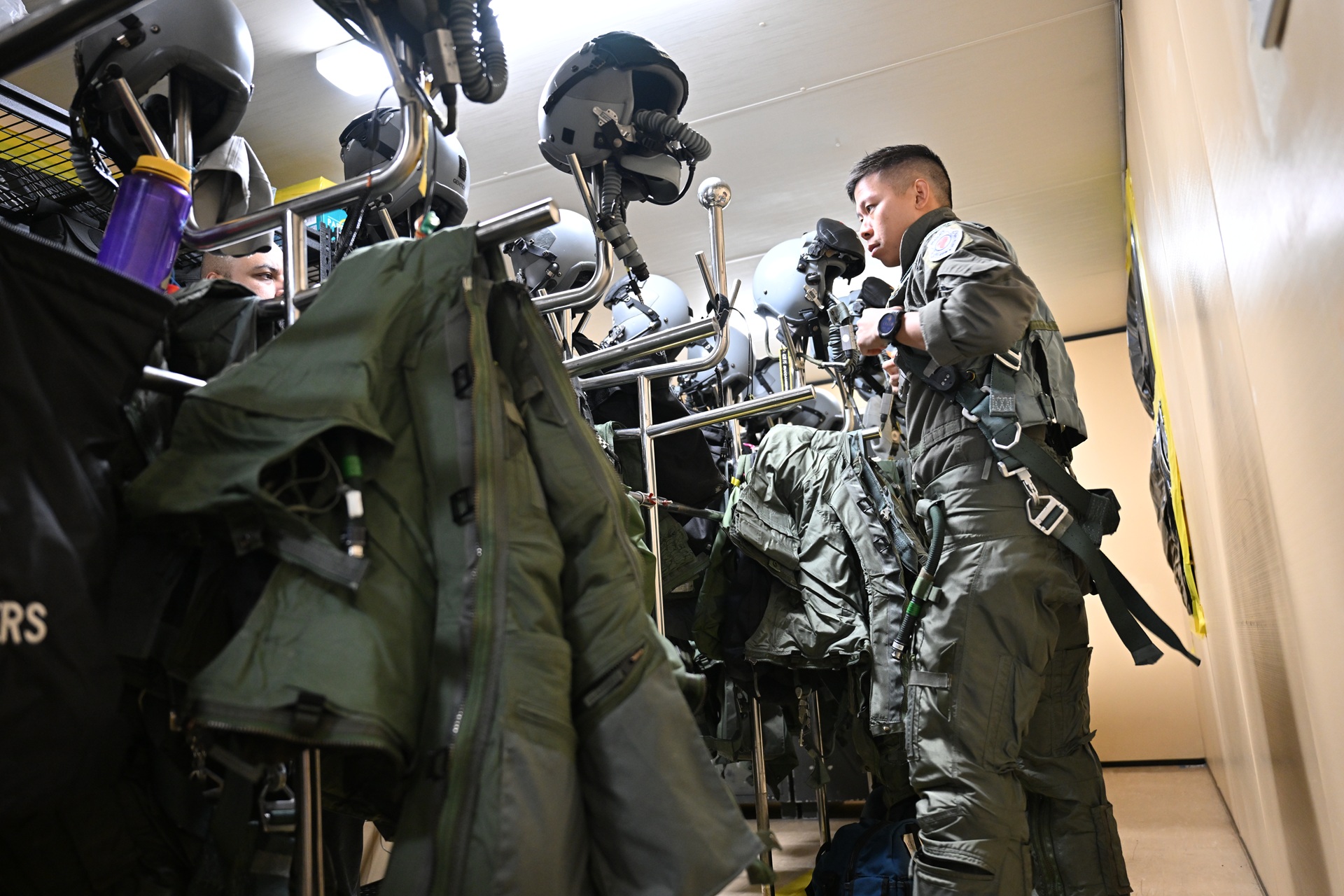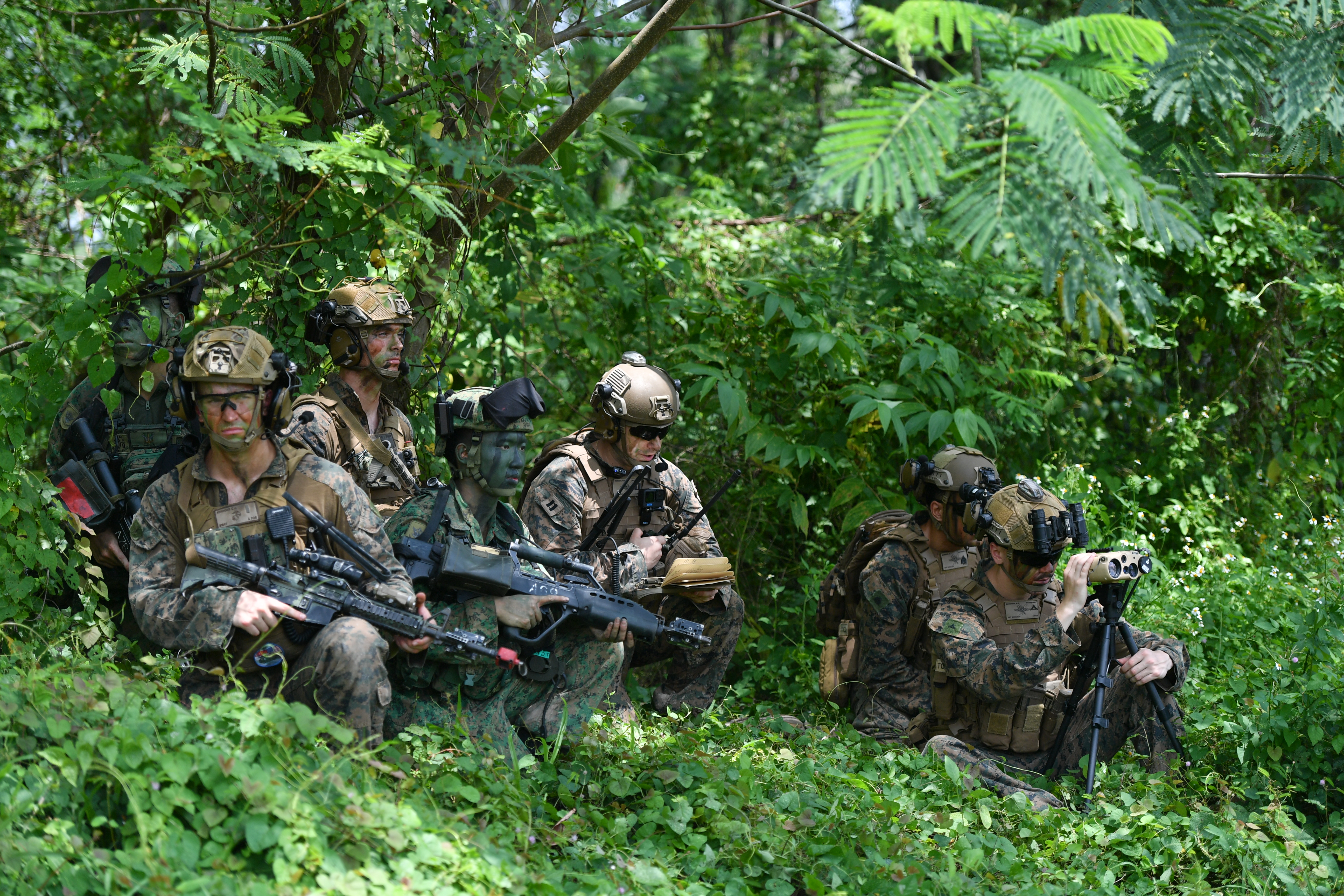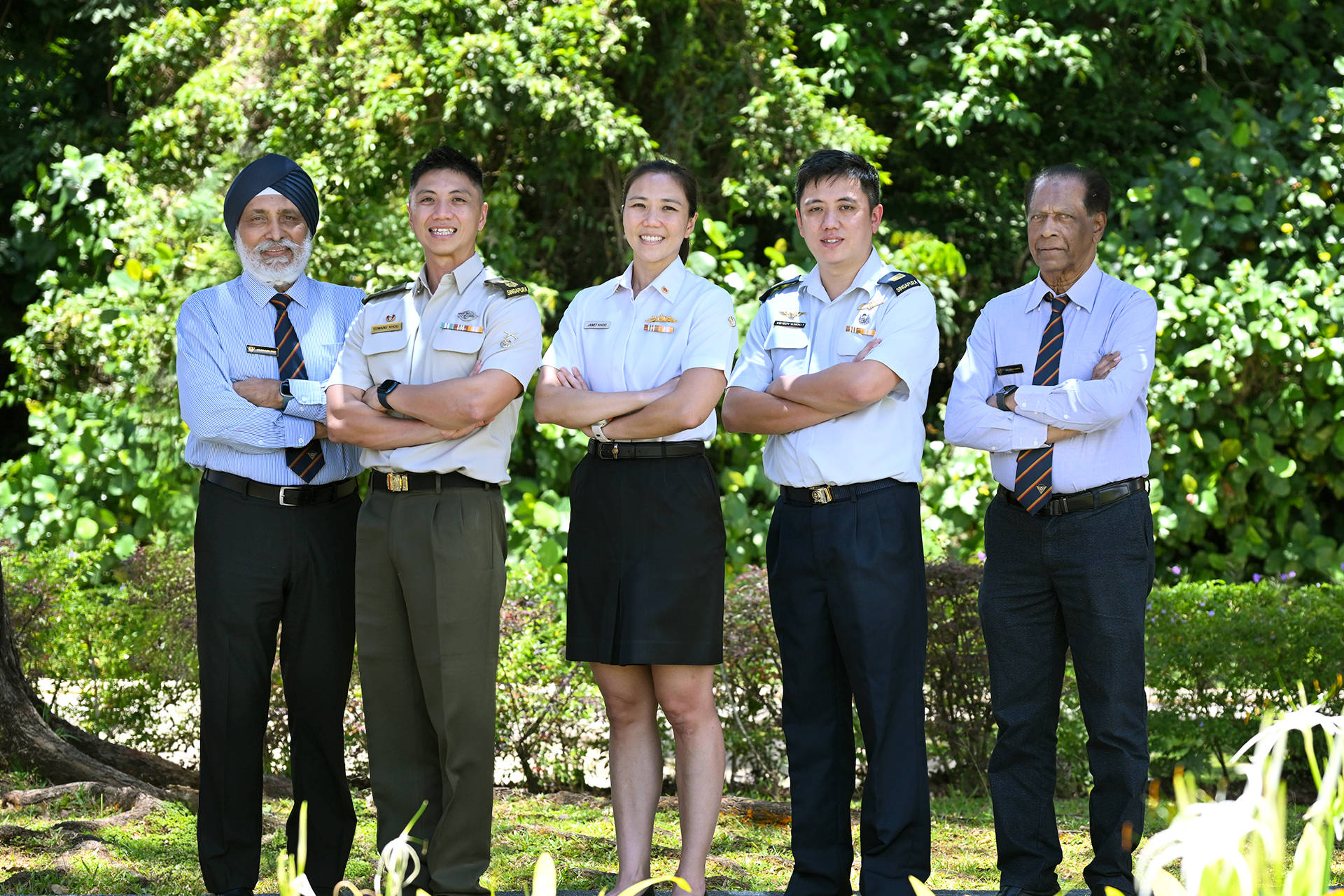SAF BAGS HEALTH PROMOTION AWARDS
PHOTO // Kenneth Lin
For six months from August 2016, brown rice was introduced by Headquarters Supply as a staple at 20 Singapore Armed Forces (SAF) cookhouses.
A survey showed that the trial yielded positive results of close to 90 percent of personnel accepting the mixed brown rice. Following the review, mixed brown rice has been served across all SAF cookhouses since this September.
"The intention is not just for the (soldiers) to reap the benefits of eating brown rice for the two years they are with us, but also to get them used to it and to get them to like it," explained Commander of Military Medicine Institute, Senior Lieutenant Colonel (SLTC) (Dr) Lim Hou-Boon.
"What is most important is that after they ORD (Operationally-Ready Date) they continue to live out these healthy living practices."
This was just one example of the many health promotion initiatives that led the Ministry of Defence (MINDEF) and the SAF to win three Excellence Awards and one individual Health Champion award at the Singapore HEALTH Award (SHA).
An initiative by the Health Promotion Board (HPB), the biennial SHA recognises companies with outstanding workplace health promotion practices.
At the award ceremony held at the Institute of Technical Education (ITE) College Central on 10 Oct, HPB Chief Executive Officer Zee Yoong Kang commended the award winners for their policies and programmes in promoting workplace health.
Mr Zee added: "Our two Health Champions recipients have proven themselves as exceedingly dedicated individuals who have taken extra effort to encourage their peers to adopt healthy lifestyle habits outside of work."
Health Champion recipient 1st Warrant Officer (1WO) Alex Quah volunteers his own time to counsel soldiers on various issues ranging from addictions to relationship problems, and also advocates healthy living interventions.
For instance, the Platoon Commander at the Human Resource Institute (Service) in Kranji Camp initiated a programme to cut down on smoking among his recruits, allowing them just one cigarette a day. With the other trainers, 1WO Quah monitored recruits who used to smoke up to one or two packets a day.
"By using the 'cut-down' method, we helped them from relapsing And I've gotten feedback that most of them cut down their smoking even after we stopped monitoring them.
"I am very happy for them and I'll always try my best to carry on doing this."










